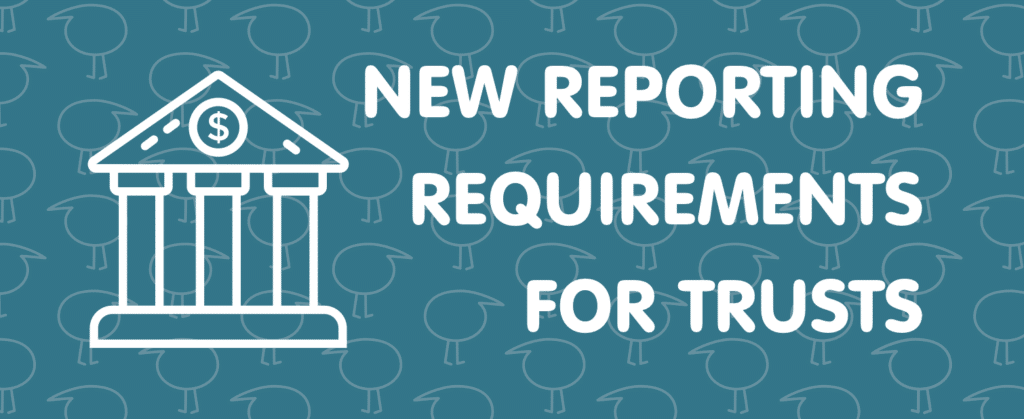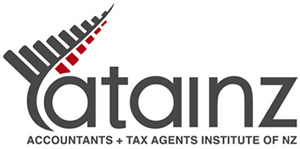
Inland Revenue now require significantly more information about a trust’s earnings, settlements and settlors, beneficiaries and distributions and persons with powers of appointment. These new rules come into effect for the 31 March 2022 Tax Returns.
The changes came at the same time as the introduction of the 39% personal tax rate, to combat people looking to use their trust to stream income and pay less tax.
Let’s break down the additional reporting requirements:
Financial Statements
- Financial summaries with a statement of Profit and Loss. Must include:
- Net Profit or Loss before tax
- Any tax adjustments
- Any untaxed realised gains and receipts
- Statement of Financial Position. Must include information on:
- Assets including financial arrangements, land, buildings, shares/ownership interests and total assets
- Liabilities including financial arrangements
- Equity broken down into owners’ equity, drawings, current account year-end balances and movements in beneficiary accounts
- Need to indicate the method of valuation applied to Land, Buildings and Shares/Ownership interests
Settlements
- The amount and nature of any settlement made from 1 April 2021 and details of any person who has made a settlement on the trust. Settlements include cash, financial arrangements, land, buildings, shares/ownership interests, services, settlements that have been valued at zero and other (with a description) for current financial year and historical. These details include:
- Full name
- Date of birth or commencement date
- Jurisdiction of Tax Residency
- IRD Number or Tax Identification number for outside NZ
Distributions
- Details of any person who has received a distribution, the amount of the distribution and details of the movements in beneficiary accounts. Distributions include accounting income, corpus, capital, use of trust property for less than market value, distribution of trust assets and forgiveness of debt. These details include:
- Full name
- Date of birth or commencement date
- Jurisdiction of Tax Residency
- IRD Number or Tax Identification number for outside NZ
Power of Appointment
- The details of people who have the power to appoint or dismiss a trustee, to add or remove a beneficiary, or to amend the trust deed. These details include:
- Full name
- Date of birth or commencement date
- Jurisdiction of Tax Residency
- IRD Number or Tax Identification number for outside NZ
Exemptions
There are some exclusions from the new reporting requirements including:
- Non-active Trusts
- Foreign Trusts
- Charitable Trusts
- Maori Authority
As you can see, the additional reporting requirements are going to be quite ‘taxing’ on trustees and price increases for compliance are likely with these new rules.
If you’d like to discuss the requirements of your trust, or how we can help with navigating the new requirements, please contact us.
If you liked this article and want to work with an efficient and helpful accountant, lets chat!
About Kiwitax – Award winning business improvement, tax and accounting service
Here’s the thing. As a business, rental property owner or start-up, you get a kick out of having your own gig. But chances are dealing with your tax and accounting leaves you cold. Good news! We love it, so hand it over to Kiwitax and we’ll look after it all for you.
Whether you deal with us online, by phone or drop into our Napier office, you’ll find a friendly, professional hardworking team ready to work with you, however you keep track of your financial information and from wherever you do business. And all for a fixed price. It takes just two minutes to get a quote.



